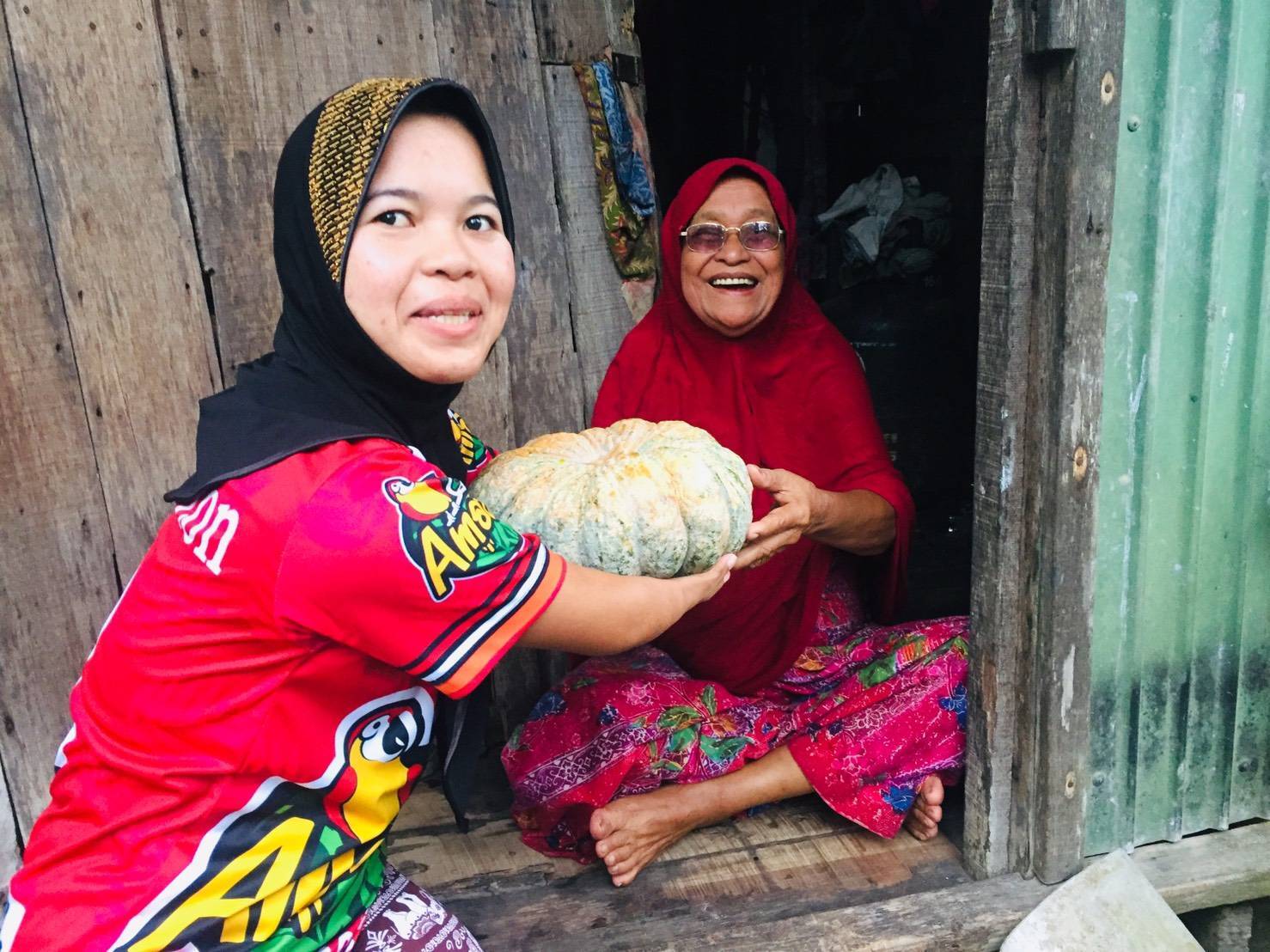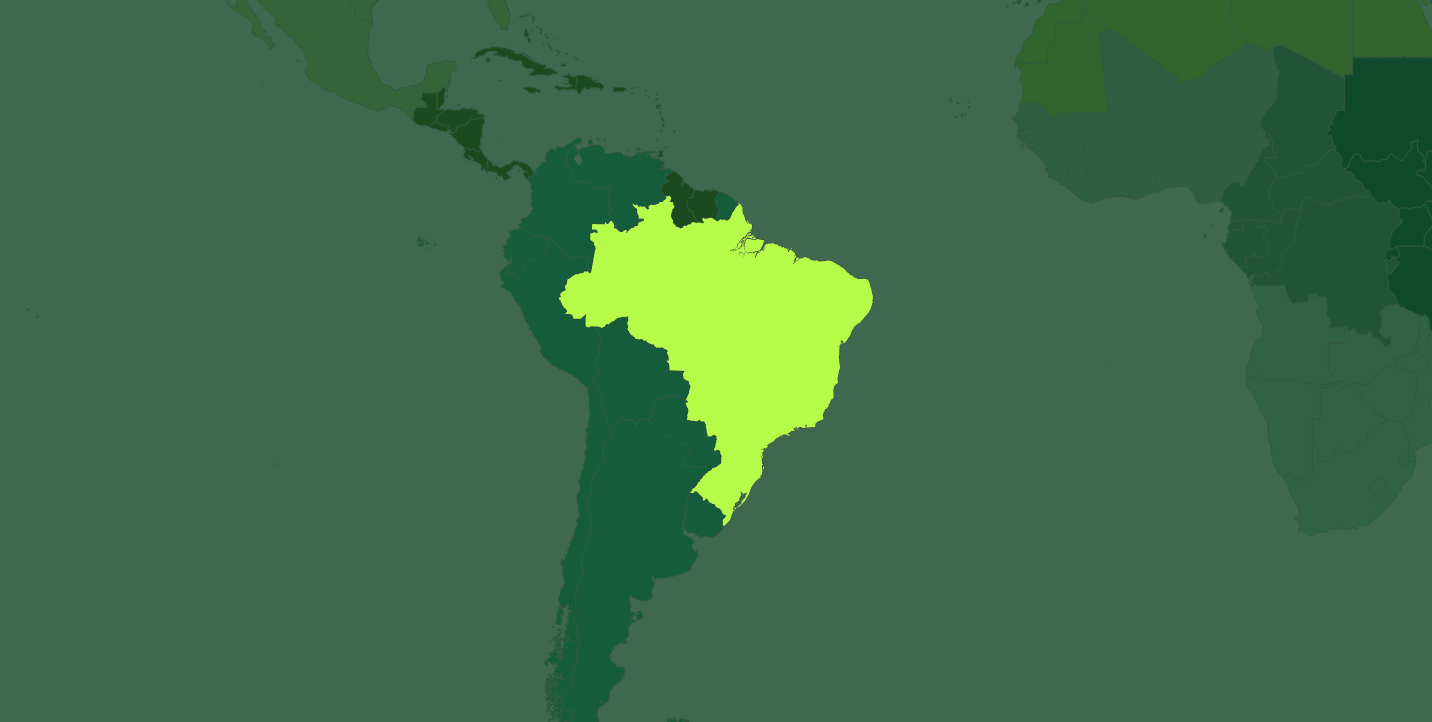Makuxi and Wapixana in Brazil
£15/month
Related content
Latest
-

11 March 2024
Empowering Voices: A call for intersectional inclusion in disability rights
Focusing on intersectionality and cross-movement collaboration is crucial to addressing global issues such as climate change.
-

8 March 2024
MRG and partners in Brazil submit a report on Black and indigenous children with disabilities
This alternative report to the Committee on the Rights of the Child (CRC) highlights the issues faced by Brazilian Black and indigenous…
Reports and briefings
-
1 July 1987
The Amerindians of South America
For over 20,000 years a wealth of many cultures flourished in South America, both in the high Andean mountains and the lowland jungles and…
-
Our strategy
We work with ethnic, religious and linguistic minorities, and indigenous peoples to secure their rights and promote understanding between communities.
-
-
